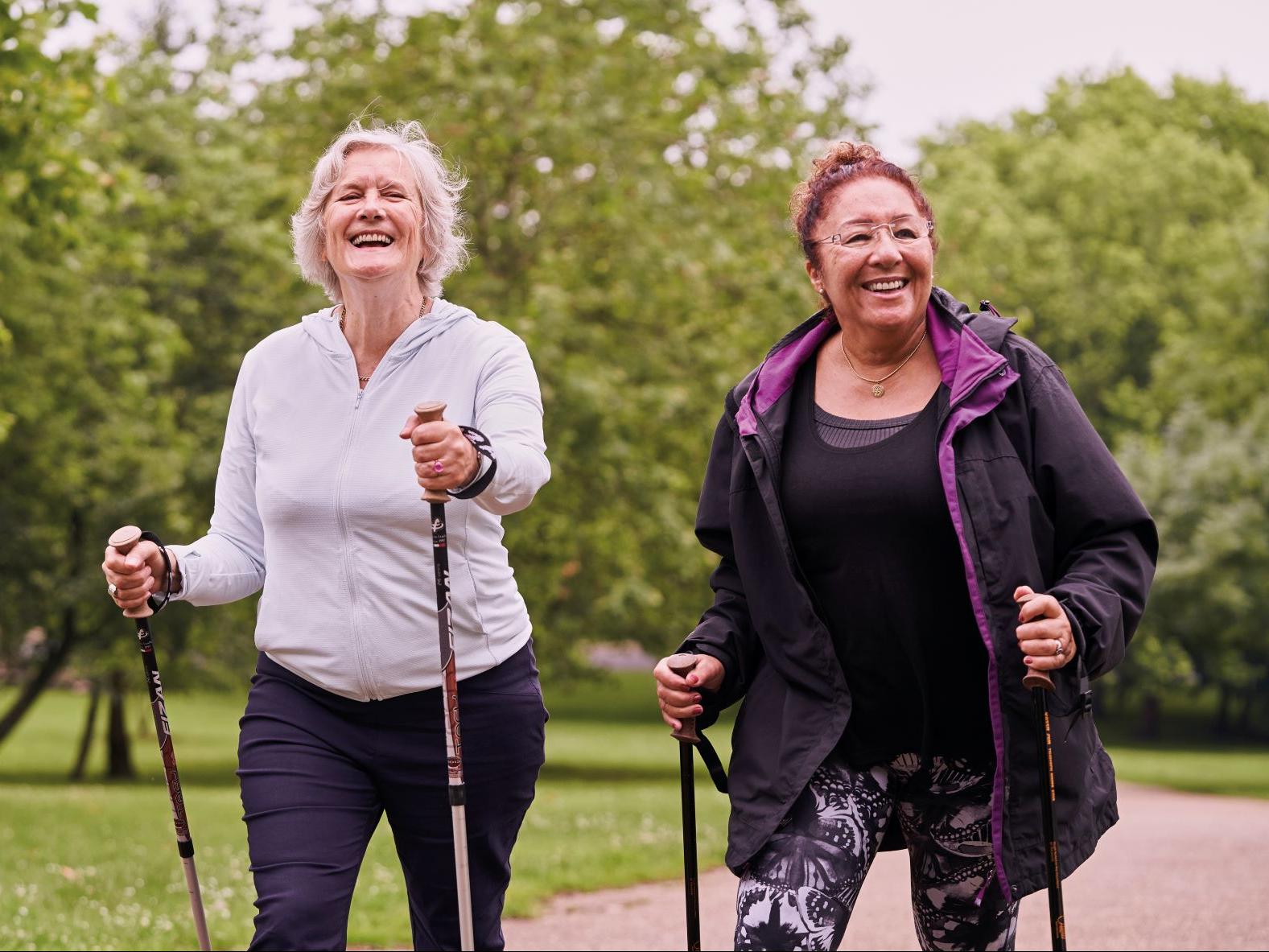A report by ukactive is calling for government to back social prescribing in gyms, pools and leisure centres to reduce pressure on the NHS.

The ‘Leading the Change: social prescribing within the fitness and leisure sector’ report, sponsored by Matrix, makes four key recommendations to develop and grow social prescribing in sector:
Delivery of social prescribing across the sector will play an integral part in ukactive’s proposed shared ambition for growth with the government and partners, which would see more than five million new members of gyms, pools and leisure centres by 2030 – an increase from 15 per cent of the population in 2019 to more than 20 per cent.
“As our NHS comes under even greater pressures and the backlog for treatment grows, it is essential that we look differently at how healthcare-related physical activity could be delivered in gyms and leisure centres within our communities,” says Huw Edwards, CEO of ukactive.
“Our findings indicate a strong desire and huge potential to expand social prescribing delivery within the fitness and leisure sector, but we will need the full support of the government and its agencies to support our sector, unlock the appropriate funding mechanisms, and raise awareness of these services in our facilities.”